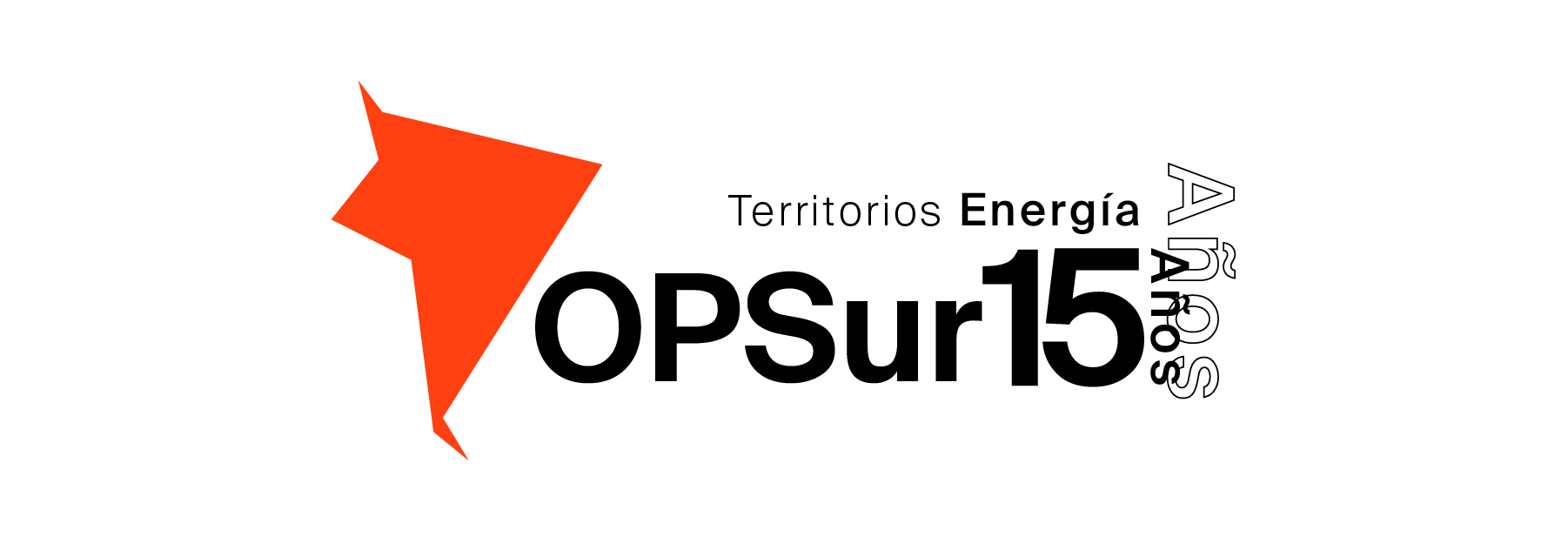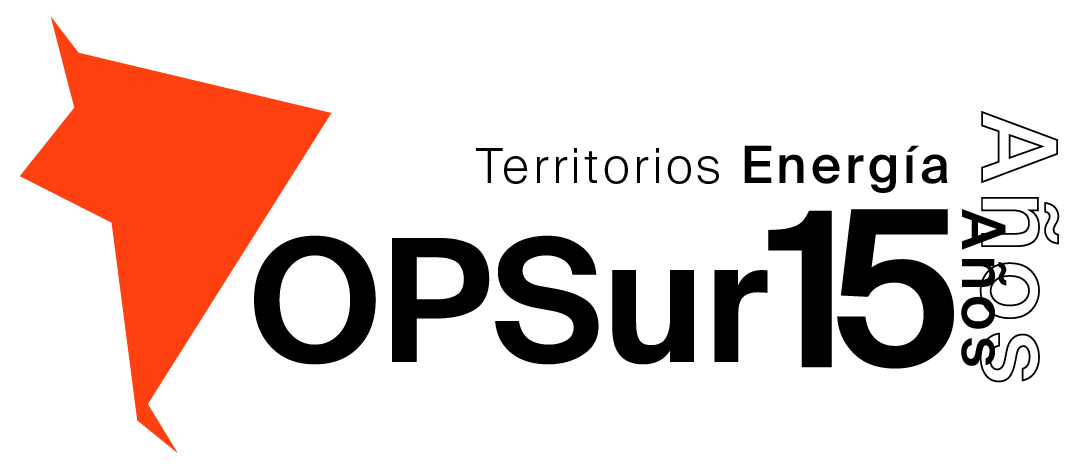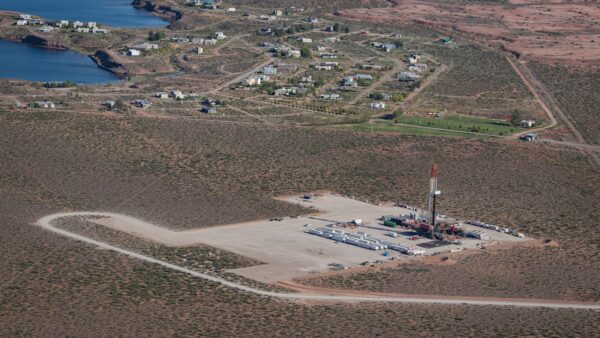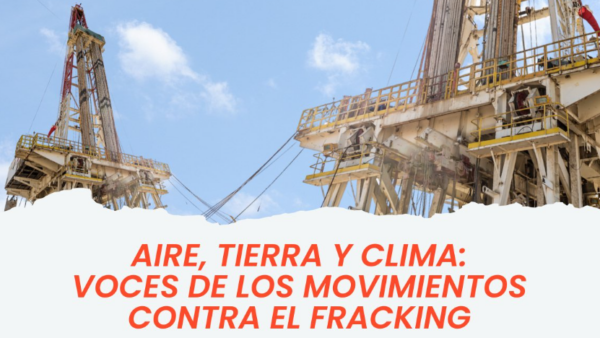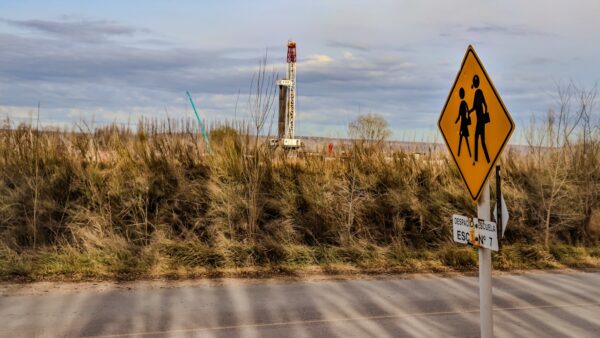Context
In recent years civil society has focused on tackling financial speculation in food commodities, as it is regarded as one of the main drivers of food price volatility that heavily impacts small producers and the poor. Similarly governments have been discussing the issue in the context of the G20 focus on food security, but with marginal and contradictory results so far. At the same time, similar attention is being paid by governments to oil and other hard commodities speculation, where prices are even more volatile and the impacts on energy dependant countries are equally severe.
A systemic increase in financial speculation on commodities has emerged during this time, mainly driven by deregulation of derivative markets, the increasing involvement of investment banks, hedge funds and other institutional investors in commodity speculation and the emergence of new instruments such as index funds and exchange-traded funds. The work on food speculation and the focus on commodity derivatives markets, while crucial for the fight against poverty, is just one aspect of a broader trend that has resulted from the most recent financial crisis and is structurally affecting the global economy and natural resources management.
Financial deregulation in the last decade has for the first time in history transformed commodities into financial assets. What we might call “financialisation”, is thus penetrating all commodity markets and their functioning. Contrary to common sense and what civil society often assumes, financial markets are going deeper and deeper into the real economy as a response to the financial crisis, so that speculative capital is structurally being intertwined with productive capital – in this case commodities and natural resources.
Objectives of the meeting
Given this situation, we are organizing this meeting with the following objectives
· to get better insight and understanding of what is happening as regards financialization of natural resources
· to understand better the linkages between the different commodities (e.g. food and oil)
· to develop alternative visions/proposals (Global Public Commons as the basic alternative approach)
· to build links/networking between groups working on these different issues – within Europe and Europe/Global South
· to develop strategies for joint work and action, including towards the G20, Rio plus 20
We will work in particular on the following commodities/natural resources: Food/Biomass/Landgrabbing; Oil; Water; Mining – Minerals (including coal) and Carbon/Biodiversity
For whom is this meeting?
The invitation to this meeting is to civil society organizations and social movements in Europe who are working directly on the issue of the financialization of natural resources, the impacts of these processes (e.g. landgrabbing) or on alternatives to it (commons, community based resources management). We will also bring a few persons from the Global South and Global North outside Europe to our meeting. We will also use the subsequent G20 mobilization in Nice from the 1st to 4th of November as a space to discuss with more representatives from outside Europe the issue of financialization of natural resources and civil society answers to it and to do more global networking.
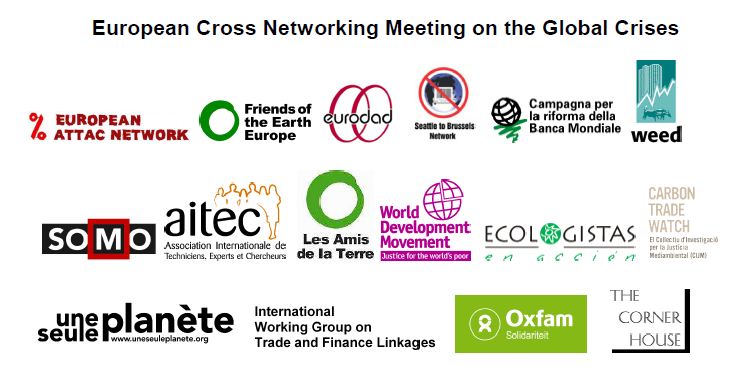
Skip to content
